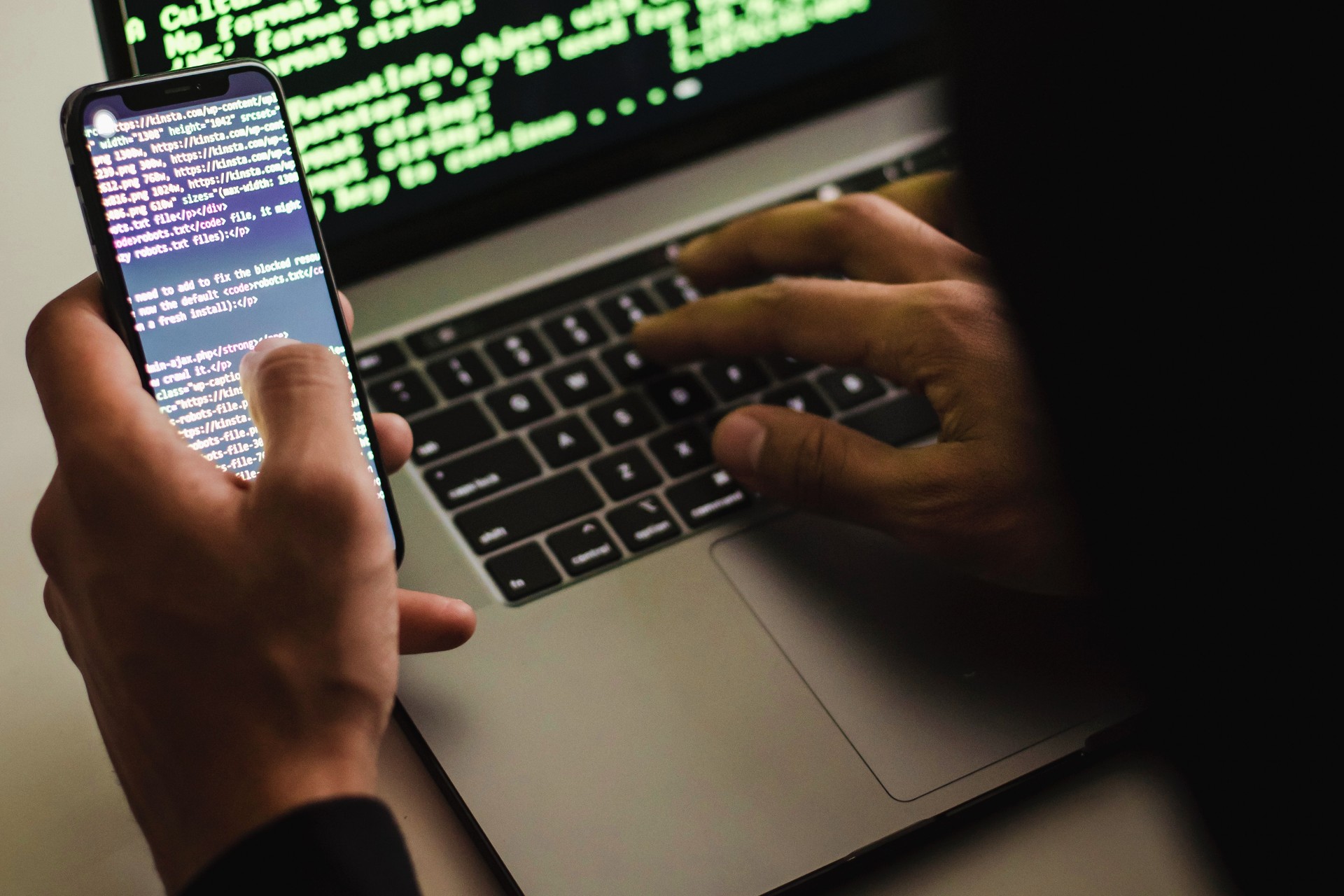For fraudsters, the future of fraud looks bright, but for those of us who rely on technology, it’s a never-ending struggle to keep watchful.
Every few years, the speed of the digital revolution accelerates. We are now in one of these eras. For fraudsters, the future of fraud looks bright, but for those of us who rely on technology, it’s a never-ending struggle to protect assets.
A genuine present meets a very futuristic future in Experian’s Annual Fraud Forecast for 2022. Like the now-iconic and authentic Tinder Swindler, cybercriminals build each new scam on a new habit. Fraud is always an antidote to action.
NFT? Metaverse? Exercise caution.
In his now-viral YouTube video Line Goes Up, Dan Olsen characterizes the present hoopla surrounding NFTs as a poverty trap.
The creation of the rich and winners puts newbies at risk. Dan says cryptocurrency is a larger fool scheme, where users must encourage others to participate in recouping their investment. This inevitably causes price increases in the small business technology sector.
According to Juniper Research, merchant losses due to online payment fraud would total $206 billion between 2021 and 2025. That’s why organizations need to invest in fraud protection systems to avoid future frauds and losses. Businesses and consumers must be mindful of fraudsters’ ingenuity and agility in our digital-first era, said Kathleen Peters, North American chief innovation officer at Experian Decision Analytics. They use data and sophisticated analytics to assist companies in detecting fraud and safeguarding customers. The way we pay for goods has changed, and it hasn’t only gone more online.
The way we pay increases our vulnerability to fraudsters.
Paying for internet purchases in installments rather than buying everything at once is becoming more popular. These companies didn’t invent the notion. They use credit and installments only for significant transactions.
As a result of making smaller transactions more appealing, in 2021, 45 million BNPL customers will spend over $20.8 billion. Since 2018, the industry has grown above 300 percent annually.
Then there’s Bitcoin. Record investment and hype naturally lead to record frauds.
From October 2020 to March 2021, the FTC recorded over $80 million in Bitcoin fraud losses. Suddenly, a $4.5 billion crypto laundering plan operated by a husband and wife team with a rapper alter ego dubbed Razzlekhan surfaced. Netflix has everything it needs for its next real crime documentary.
Confusion provides an opportunity for malfeasance.
Because cryptocurrency is so new, people will use it to extract, store and hide stolen assets. The size of the business doesn’t matter.
Cryptocurrency is very confusing, says Tina Mulqueen, creator of The Block Talk and Admonsters’ Top Women in Media for 2021.
Fraudsters will exploit any uncertainty. We witnessed that with ICOs and now with NFTs. There are good projects, but investors need to educate themselves about the market. It shouldn’t deter people from using cryptocurrencies, investing in them, or even investing in blockchain.
But it takes practice. The initial measures are to utilize several levels of verification and a hard wallet or “cold storage.”
Decentralization is an intriguing notion since using blockchain — hundreds of online ledgers to verify anything — makes it more verifiable. But customers dislike being misunderstood. It’s the same reason most parents don’t want their kids on TikTok.
Blockchain and crypto will expand. We recently had the first “Crypto Super Bowl” in terms of advertising. BMCS established the first Sumcoin Index Fund last week, effectively one coin that follows the Top 100 cryptocurrencies based on market capitalization.
The metaverse will expand opportunities for fraud.
Then there’s the metaverse, which is currently only partly known.
The idea of effortlessly engaging in a virtual environment isn’t new. They already sell marketers on new income streams from virtual shopping experiences and digital products.
If our workplaces become part of the metaverse rather than simply a Zoom screen, we need to make sure our meta identities mirror what we want to show to the world, our coworkers, or anybody else.
We’re already living in a metaverse of sorts.
For example, this happens if your child plays NBA2k. They play, earn virtual cash, and spend on character costumes, traits, and haircuts. As characters in an evolving online realm, they compete against other online rivals. It’s a pretty basic metaverse.
But it also makes you more aware of the deception.
In the new Horizon Worlds app, parents are already worried. We can already observe concerns with identity fraud in the metaverse. The uncontrolled market for purchasing and selling NFTs will witness significant scam efforts.
It’s impossible to build long-term wealth in crypto and the metaverse. This argument is from Alan Smithson, co-founder of MetaVRse and co-creator of the metaverse’s first mall, set to debut in 2022. Smithson also developed the Metaverse Manifesto, which describes future XR ethics.
Building the future of human connection, cooperation, culture, and commerce requires more responsibility.
The now requires alertness.
Even if the attention shifts to new digital behaviors, ransomware is still a significant problem.
The FBI’s Internet Crime Complaint Center estimates a theft of $133 million between January 1, 2021, and July 31, 2021. The Financial Crimes Enforcement Network (FCEN) reported $590 million in ransomware activity in the first half of 2021, compared to $416 million in 2020. Remember The Tinder Swindler, the cautionary story (no spoilers).
People could create intimate reliable connections without meeting in person since more people used dating apps and social media to find love during the epidemic. A rise in romance-related scams certainly was inevitable. Con artists take advantage of romantic connections to beg for money or a “loan” to pay anything from a vacation to medical expenditures. Nine Perfect Strangers on Hulu highlights this vital story (again, no spoilers).
The key is never to let your guard down, whether in business, cyberspace, or personal concerns. It doesn’t hurt to think like a fraudster in an increasingly virtual world.

